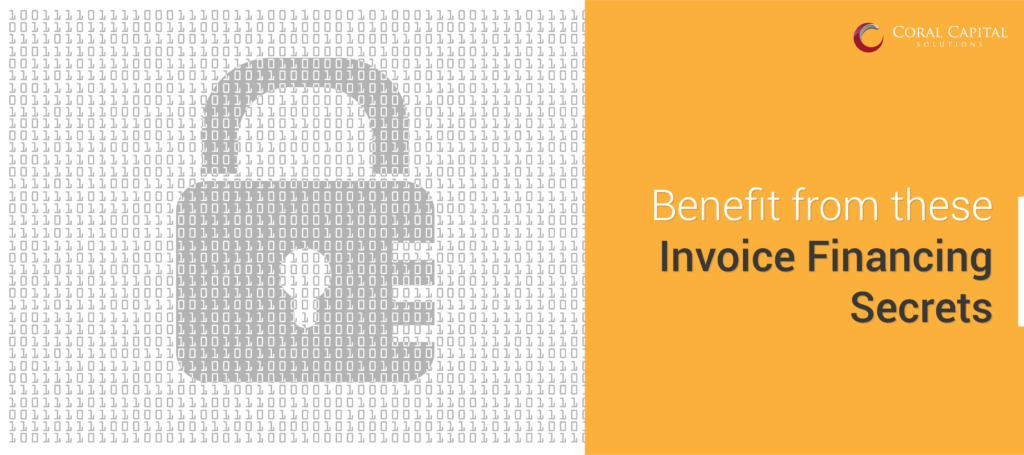
When dealing with finances, do you often feel left behind?
If Accounts Receivable Financing is the only solution for growth, why give it a half-hearted attempt?
A few tricks up your sleeves and you could reap more from invoice factoring.
Let us take a look at some invoice financing trade secrets which will help you benefit even more from your accounts receivable financing experience.
Factoring companies have been around in the western market for a long time. This means they have enjoyed centuries developing their own jargon. In order to understand the contract clearly, get accustomed to these terms first –
For more terms around Accounts Receivables Financing, please refer to our Accounts Receivable Factoring Glossary.
Do they ever pay late? Do most or all have a habit of paying late? Do you know if your clients have poor credit?
Like any other financing option, factoring relies on credit scores to determine how much cash you will receive.
However, unlike loans, it isn’t your credit score which matter in invoice factoring. Rather, your customers’ and clients’ creditworthiness influences your advance rate as well as the potential interest rates that could deplete your reserve.
Therefore, before you factor make sure you know the payment tendencies of your clients well.
Type of funding is solely decided by the cash needs of a business.
For example, if you have strong seasonal sales, you might need short-term factoring to keep your flow healthy during the down-time, whereas if you are working towards expansion, you might want a long-term contract to keep costs low.
Further, you might consider participating in recourse factoring, which allows you to buy back delinquent invoices, lowering your potential fees, as opposed to non-recourse factoring, where the factor absorbs the risk of uncollected invoices, but charges you extra for the potential disservice.
Accounts receivable financing is an excellent business opportunity if you know the ins and outs of the practice.
Now that you know the biggest secrets of effective factoring, you can safely factor your invoices and find business success without worrying how you’ll stay afloat in between client payments.